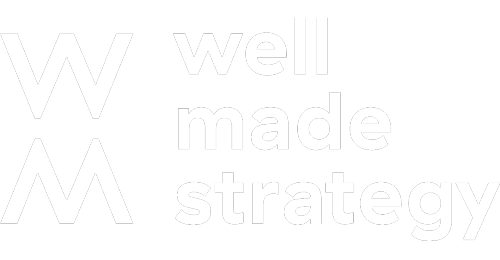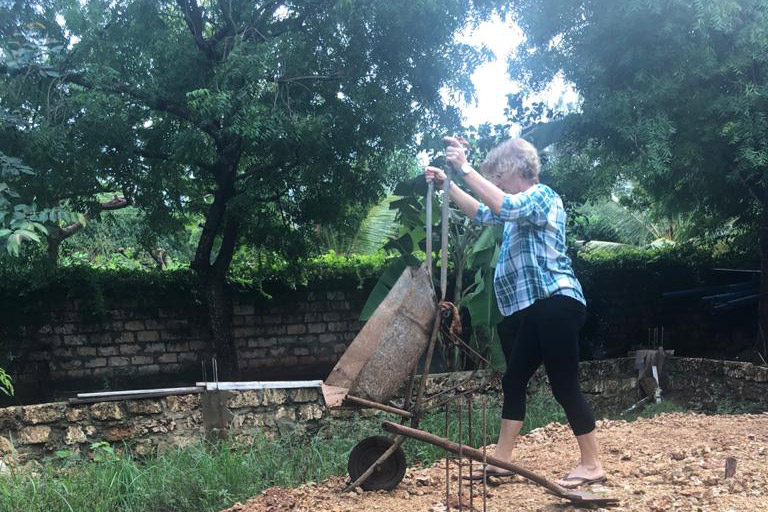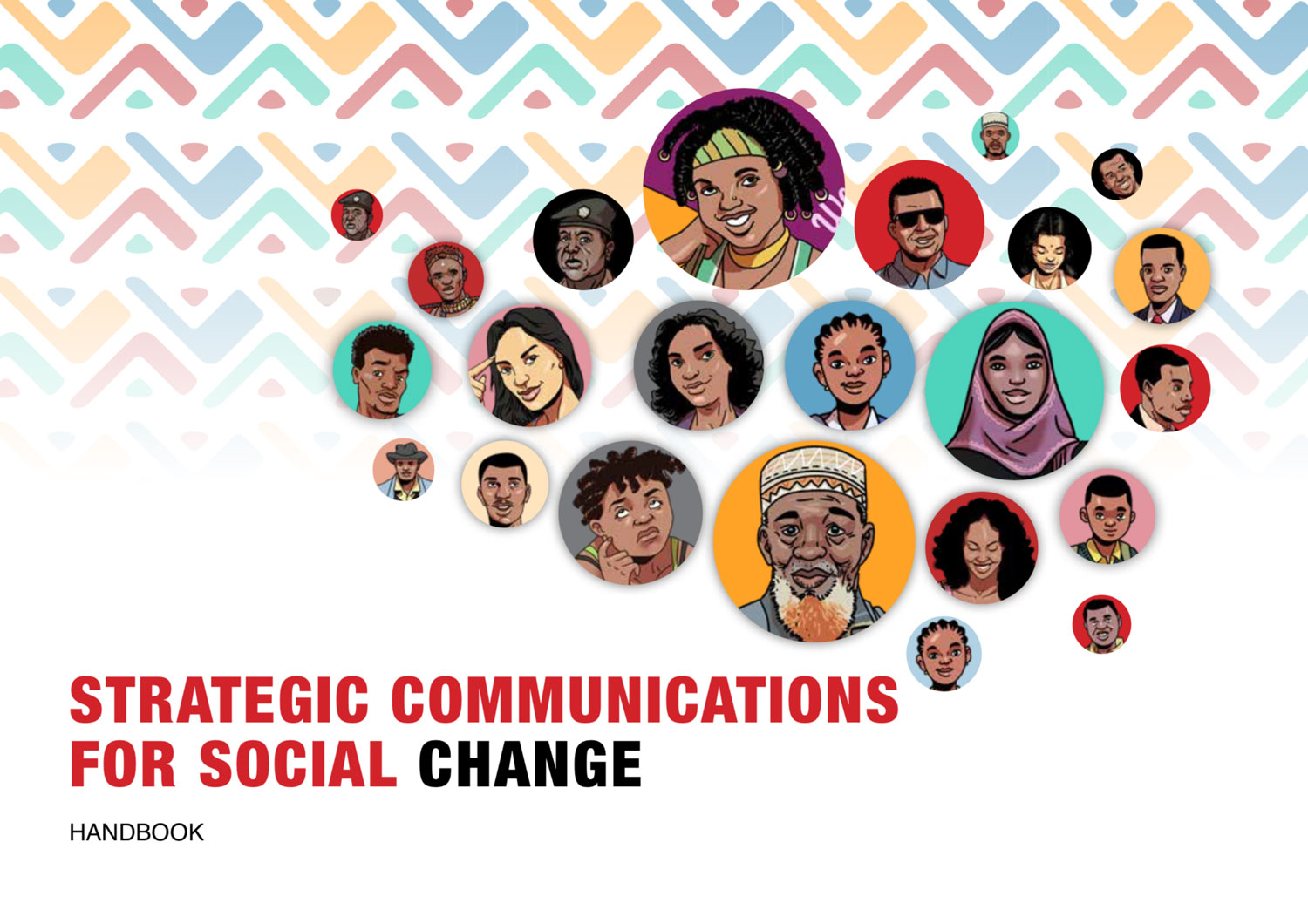I’ve worked from home, quite happily, for the last ten years. But, now, this home is full of children home educating, and we’re juggling laptops, tablets, phones and earphones, live classes, Zoom calls, videos, assemblies and worksheet submissions. Add inconsistent wi-fi into the mix and I’ve got fairly consistent chaos and absolutely consistent noise from 8am to 3pm.
As I write, it’s past 3 and school’s out. Three teenagers are downstairs in our very open plan house, discussing, and playing, music on their phones. And now they’re singing: “Lockdown, Breakdown.” And at 4, they’ve planned a High-Intensity-Abs-Workout on the roof. “You should join us, Mum, it’s only eleven minutes.”
I wonder when I’ll ever be able to concentrate on anything for more than just a few minutes ever again. And I am not sure how much further my multi-tasking skills can be stretched. But, while things in the house feel busy, the 7pm curfew, physical distancing and restrictions on movement out of the county, means, with no social life to speak of, I do have some time on my hands.
I’ve given myself permission to use that time in whichever way I feel. That means I’ve been playing my part, heaving wheelbarrows full of rubble to build the foundation of a house we are starting. I’ve been reading more than ever, and I’ve done some very amateur-ish photography of baobab trees and water colouring painting. I’m loving having the time to do this. And sometimes I have just sat, and done nothing, and reflected, and done even more nothing. How often do any of us who work do nothing? And by that, I really do mean nothing, not being on your phone, or tweeting or scrolling. Just doing nothing.
This nothing time has helped me reflect, too. And made me think about many of the partners I have worked with at Well Made Strategy. They are not good at doing nothing. They’re in the business of social justice, their work is often on the front line and urgent, they don’t believe in doing nothing. Reflection is something they rarely make time to engage in. There’s no time; the injustices are too many, there is too much work to do.
But, when we pause, when we take a step back, we can see things a bit more clearly. I try to do this with all the partners I work with at Well Made Strategy. And we don’t need all the time in the world to do this. Over the last year I’ve been supporting HRAPF in Uganda on strategic communications. HRAPF works to support the most marginalised people in Uganda through legal support, training and advocacy. HRAPF’s Access to Justice team work on very challenging legal cases. During our second workshop last year, I noticed that a couple of them were not contributing with the same energy that they had in the previous workshop. I asked them about burn out, and they admitted they were worried for themselves. They said they were exhausted, both physically and emotionally. This brief conversation, a reflection point during the communications workshop, meant the human resources department began to invest in providing the access to justice team, and other staff members, with time to reflect, step away and relax. It was a small change, that made a big difference to staff morale. It made the team feel recognised, valued and respected.
Reflection doesn’t have to take up a lot of time. We don’t need a lock down to make time for it. Even the busiest amongst us can find five minutes, a few times a week, to reflect on how we are communicating and how our organisation is communicating. And if we do commit to this reflection and learning time, it’s likely we’ll be way more effective in bringing about social justice.



